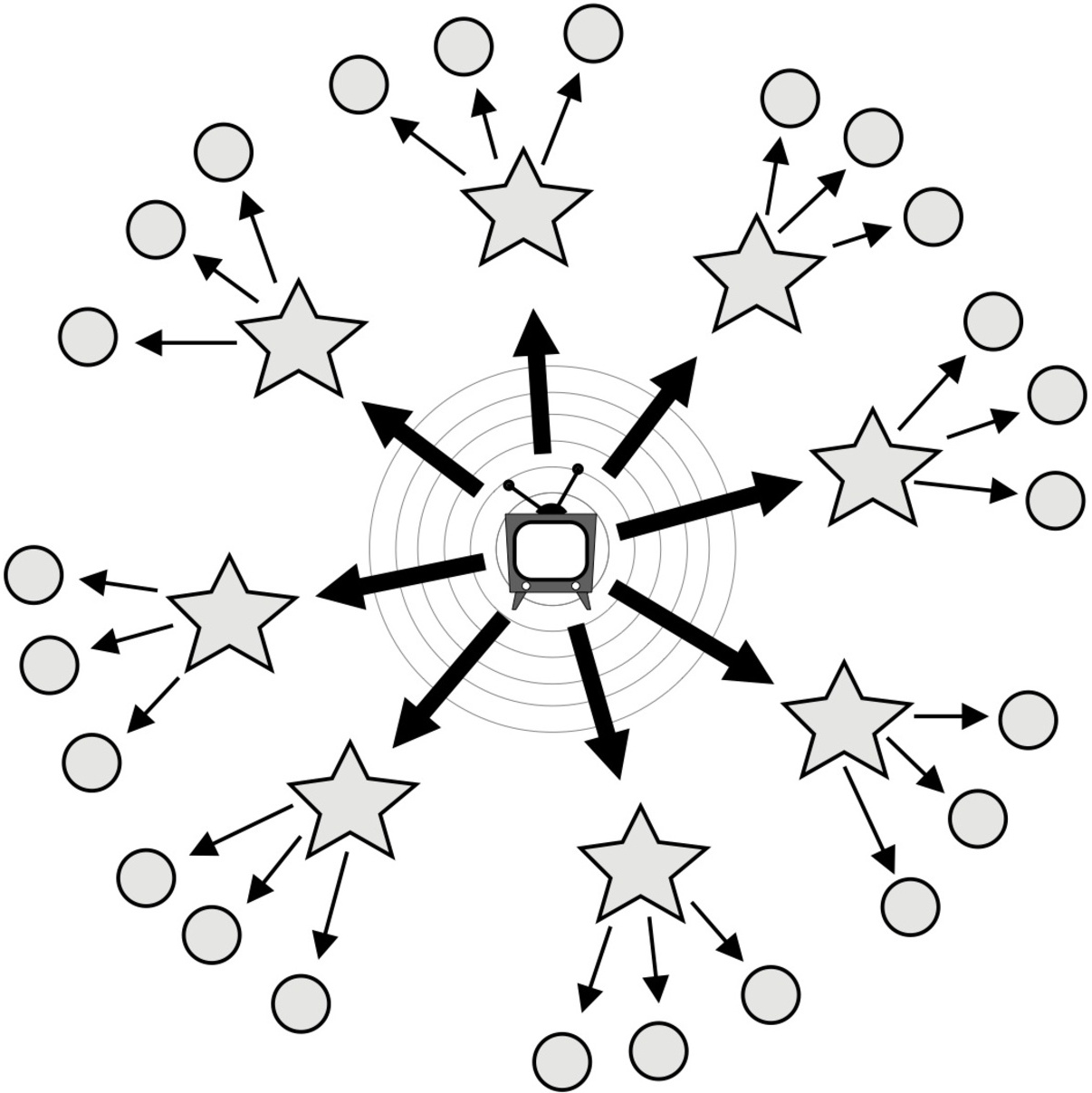Influentials, networks, and public opinion formation
D. J. Watts and P. S. Dodds
Journal of Consumer Research, 34, 441–458, 2007

Times cited: 3,034
Abstract:
A central idea in marketing and diffusion research is that influentials—a minority of individuals who influence an exceptional number of their peers—are important to the formation of public opinion. Here we examine this idea, which we call the "influentials hypothesis," using a series of computer simulations of interpersonal influence processes. Under most conditions that we consider, we find that large cascades of influence are driven not by influentials but by a critical mass of easily influenced individuals. Although our results do not exclude the possibility that influentials can be important, they suggest that the influentials hypothesis requires more careful specification and testing than it has received.
- This is the default HTML.
- You can replace it with your own.
- Include your own code without the HTML, Head, or Body tags.
BibTeX:
@article{watts2007a,
author = {Watts, D. J. and Dodds, Peter Sheridan},
title = {Influentials, Networks, and Public Opinion Formation},
fulljournal = {J. Consum. Res.},
journal = {Journal of Consumer Research},
year = {2007},
key = {sociology},
volume = {34},
pages = {441–458},